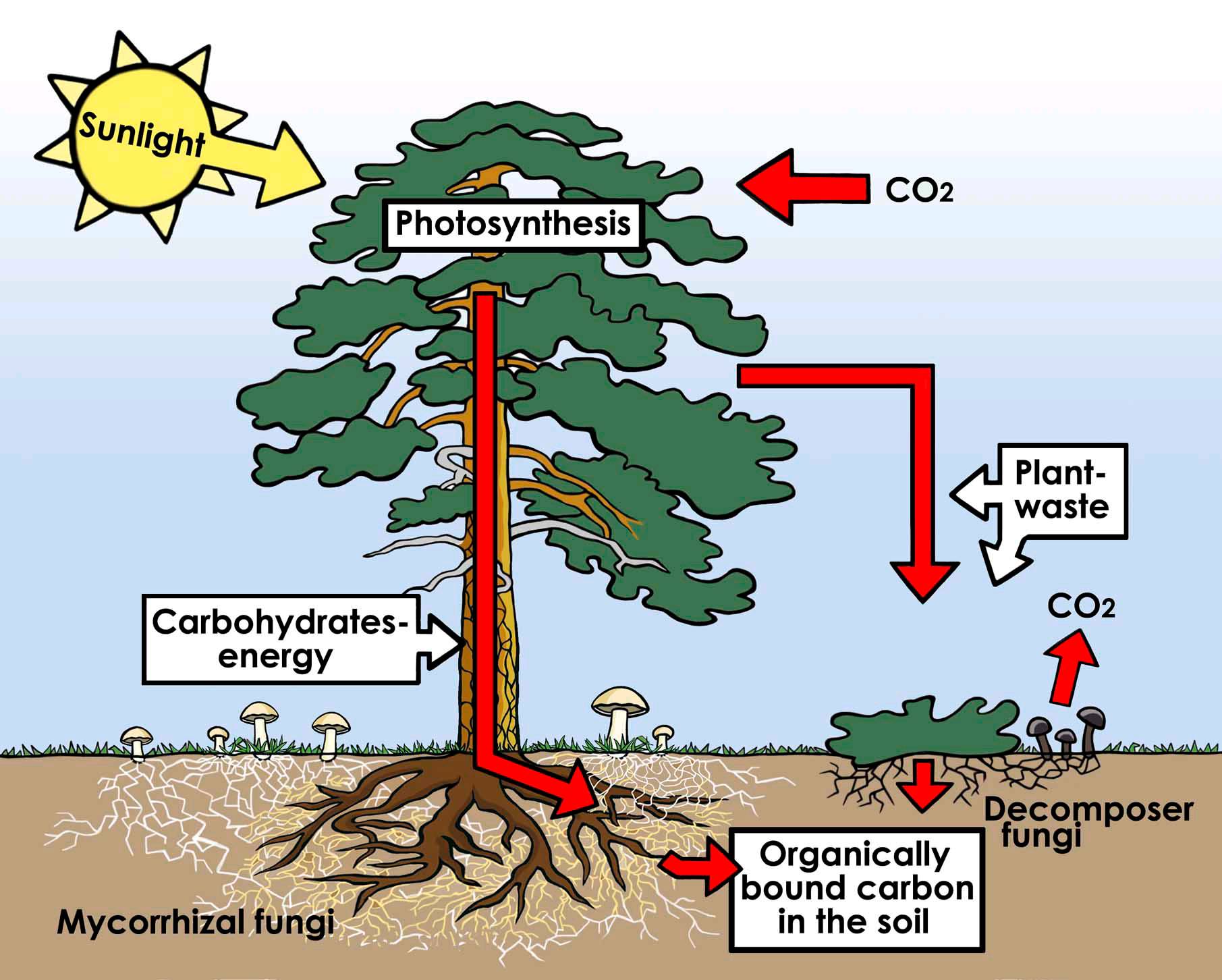The Importance of Trees: Nature's Lifeline to a Sustainable Future
Trees, the silent giants of the natural world, are more than just beautiful organisms that adorn our landscapes. They play a vital role in maintaining the health of our planet and sustaining life in numerous ways. From providing oxygen and purifying the air we breathe to supporting biodiversity and mitigating climate change, trees are truly nature's lifeline to a sustainable future. Understanding their importance is crucial as we navigate the challenges of environmental degradation and strive for a more harmonious coexistence with nature.
First and foremost, trees are essential for the air we breathe. Through the process of photosynthesis, trees absorb carbon dioxide, a greenhouse gas responsible for global warming, and release oxygen into the atmosphere. In fact, one mature tree can produce enough oxygen to meet the needs of two adults. By acting as natural air filters, trees improve air quality by trapping harmful pollutants and particulate matter. Their presence in urban areas is particularly important, as they mitigate the negative effects of pollution and help create healthier living environments for communities.
Furthermore, trees play a pivotal role in maintaining the delicate balance of ecosystems and supporting biodiversity. Forests are home to an incredible array of plants, animals, and microorganisms, creating intricate webs of interconnected life. Trees provide habitat, food, and shelter for countless species, contributing to the preservation of biodiversity and the overall health of ecosystems. Losing forests and the species that depend on them would disrupt these intricate relationships and lead to irreversible consequences for both nature and humanity.
Another significant contribution of trees is their role in mitigating climate change. Excess carbon dioxide in the atmosphere is a major driver of global warming, and trees act as natural carbon sinks, absorbing and storing carbon. Through the process of photosynthesis, trees convert carbon dioxide into organic compounds, retaining the carbon in their roots, trunks, branches, and leaves. Forests, especially old-growth forests, have immense carbon storage capacity. Conserving existing forests and reforesting degraded areas are vital strategies in the fight against climate change, as they help offset carbon emissions and slow down the rise in global temperatures.
Moreover, trees provide a wide range of socioeconomic benefits that are often undervalued. They contribute to the livelihoods of millions of people worldwide, particularly in rural communities heavily dependent on forest resources. Trees provide timber, fuelwood, and non-timber forest products, which serve as sources of income and sustenance. Additionally, forests support ecotourism and recreational activities, attracting visitors and boosting local economies. Recognizing the economic significance of trees is essential for promoting sustainable forestry practices that balance conservation and human needs.
Furthermore, trees have a profound impact on the well-being of individuals and communities. Spending time in nature has been linked to numerous health benefits, including stress reduction, improved mental well-being, and enhanced physical health. Urban green spaces and tree-lined streets offer respite from the concrete jungle, providing spaces for relaxation, recreation, and social interaction. Trees also contribute to the aesthetic appeal of our surroundings, enhancing the beauty of landscapes and instilling a sense of serenity and harmony.
In light of their immense importance, it is crucial that we prioritize the conservation and sustainable management of trees and forests. Efforts must be made to protect existing forests from deforestation, promote reforestation initiatives, and ensure responsible forestry practices that balance ecological, social, and economic considerations. Communities, governments, and organizations should work together to raise awareness about the significance of trees and foster a culture of environmental stewardship.
Individuals can also contribute by planting trees in their local communities, supporting organizations engaged in reforestation efforts, and advocating for policies that prioritize forest conservation. Every tree planted and protected is a step towards a greener and more sustainable future.
In conclusion, trees are not merely silent spectators
Daniel Obuobi Adjei
Ablekuma - Accra




No comments yet
Be the first to share your thoughts!